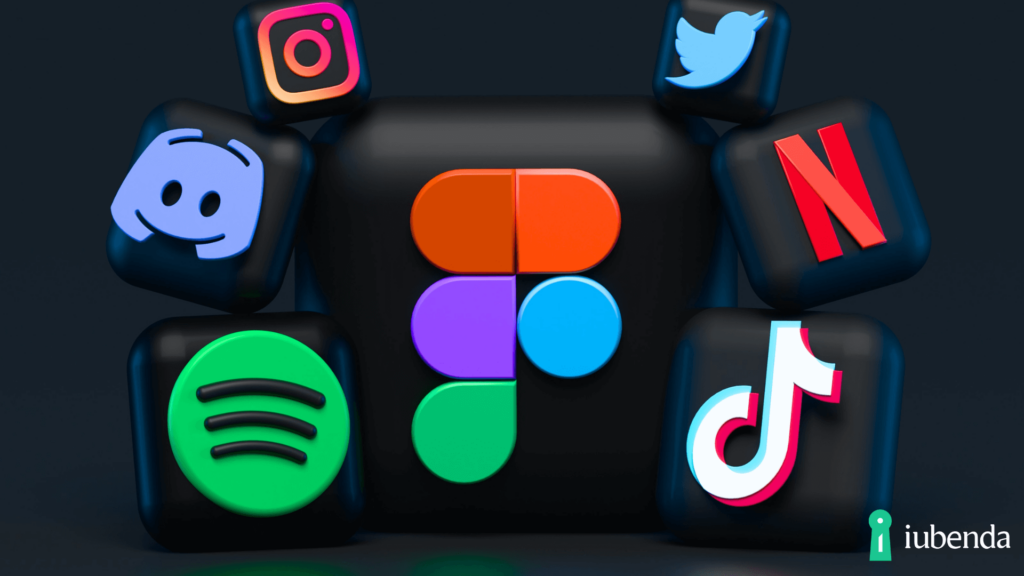Documentation
Android App Development for Beginners
Interested in app development but don’t know where to start? Then this guide on Android app development for beginners is for you. With the rising popularity of Android devices, the demand for skilled Android developers is at an all-time high. But getting started can be overwhelming. Don’t worry, though, because we’ve got you covered!
In this article, we’ll take you through the ins and outs of Android app development for beginners, including the main tools, SDKs, platforms, and publishing conditions available, so you can hit the ground running and start developing your own high-quality Android apps.

What is Android Environment
The Android environment consists of the Android operating system, the Android Software Development Kit (SDK), and the Integrated Development Environment (IDE).
- The Android operating system is an open-source platform that powers a wide range of mobile devices, from smartphones to tablets and smartwatches.
- The Android SDK includes all the tools and libraries needed to develop Android applications.
- Finally, the IDE is a software application that helps developers create, test, and deploy Android apps.
🛠 Main Tools for Beginner Android App Developers
The main tools for Android app development include:
- the Android Studio IDE, >
- the Java programming language, and
- the Kotlin programming language.
Android Studio is the official IDE for Android development, providing a comprehensive set of tools for designing, coding, and testing Android apps.
The Java programming language is widely used in Android development, providing a familiar and powerful language for building high-quality apps.
Kotlin, on the other hand, is a modern programming language that is gaining popularity in the Android development community for its concise syntax, safety, and interoperability with Java.
Software Development Kits (SDK) for Beginner Android App Developers
The Android SDK includes a wide range of libraries and tools for developing Android applications, including user interface widgets, multimedia frameworks, and networking components. Some of the most popular SDKs for Android app development include:
- Android Jetpack: a suite of libraries and tools for building high-quality Android apps, including components for navigation, UI, data storage, and more.
- Firebase: a mobile and web application development platform that provides a range of services, including authentication, cloud storage, real-time database, and more.
- Google Maps Platform: a set of APIs and SDKs for integrating Google Maps into Android applications, providing a range of features such as location-based services, directions, and geocoding.
Best Platforms for Beginner Android App Development
Android apps can be developed for a wide range of platforms, including smartphones, tablets, smartwatches, and TVs. Each platform has its own set of requirements and guidelines, such as screen sizes, resolutions, and aspect ratios. Some of the most popular platforms for Android app development include:
- Android smartphones: the most popular platform for Android app development, with a wide range of screen sizes and resolutions.
- Android tablets: a platform for Android app development that provides a larger screen size and more screen real estate than smartphones.
- Android Wear: a platform for Android app development that targets smartwatches, providing a unique set of features such as voice commands and health tracking.
- Android TV: a platform for Android app development that targets smart TVs, providing a large screen size and a unique user interface.
Publishing Conditions for Android Apps
Publishing an Android app requires registering with the Google Play Store and following the guidelines for app submissions. The guidelines cover a range of topics, including app content, metadata, and user interface design.
In addition, the app must comply with Google Play’s policies on privacy, security, and user data protection. Once the app is submitted, it goes through a review process, and if approved, it is published to the Google Play Store.
Have you thought about App Privacy Requirements for Kids? Check out our guide here →
App development takes some work, but with the right tools, it’s straightforward enough for a beginner.
👉 Remember that with great power comes great responsibility. In order to publish your app on the Google Play Store, you’ll need to comply with privacy laws and Google Play’s policies on privacy, security, and user data protection. It’s crucial to prioritize your users’ privacy and security when developing your app.
Not having a valid Privacy Policy in place is not only against the law, but against Google’s terms and will likely result in your app being rejected from the Play store.
Don’t have a Privacy Policy? Generate one below in minutes.
With that said, we hope this article has given you a solid foundation to get started in the exciting world of Android app development. Good luck, and happy coding!